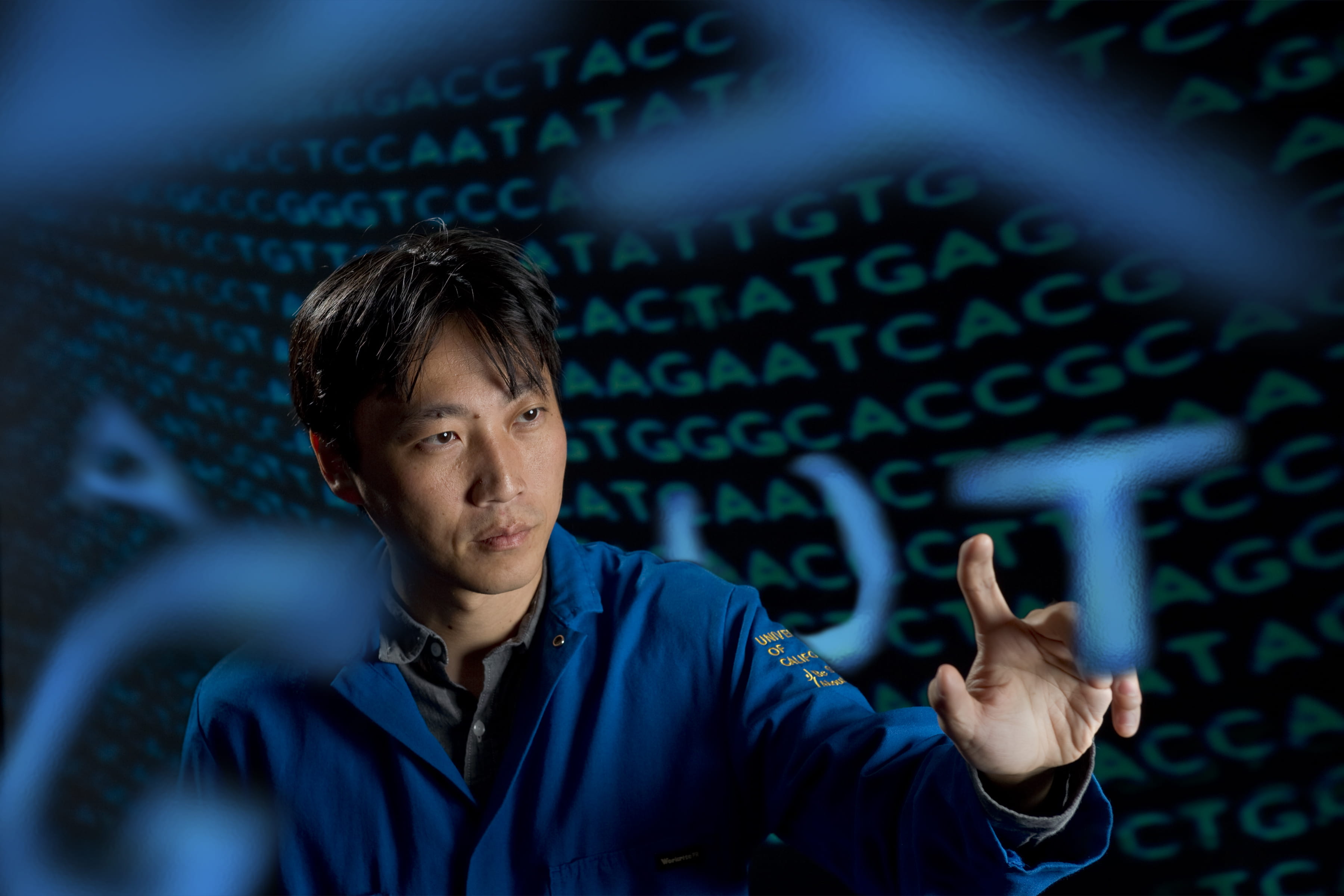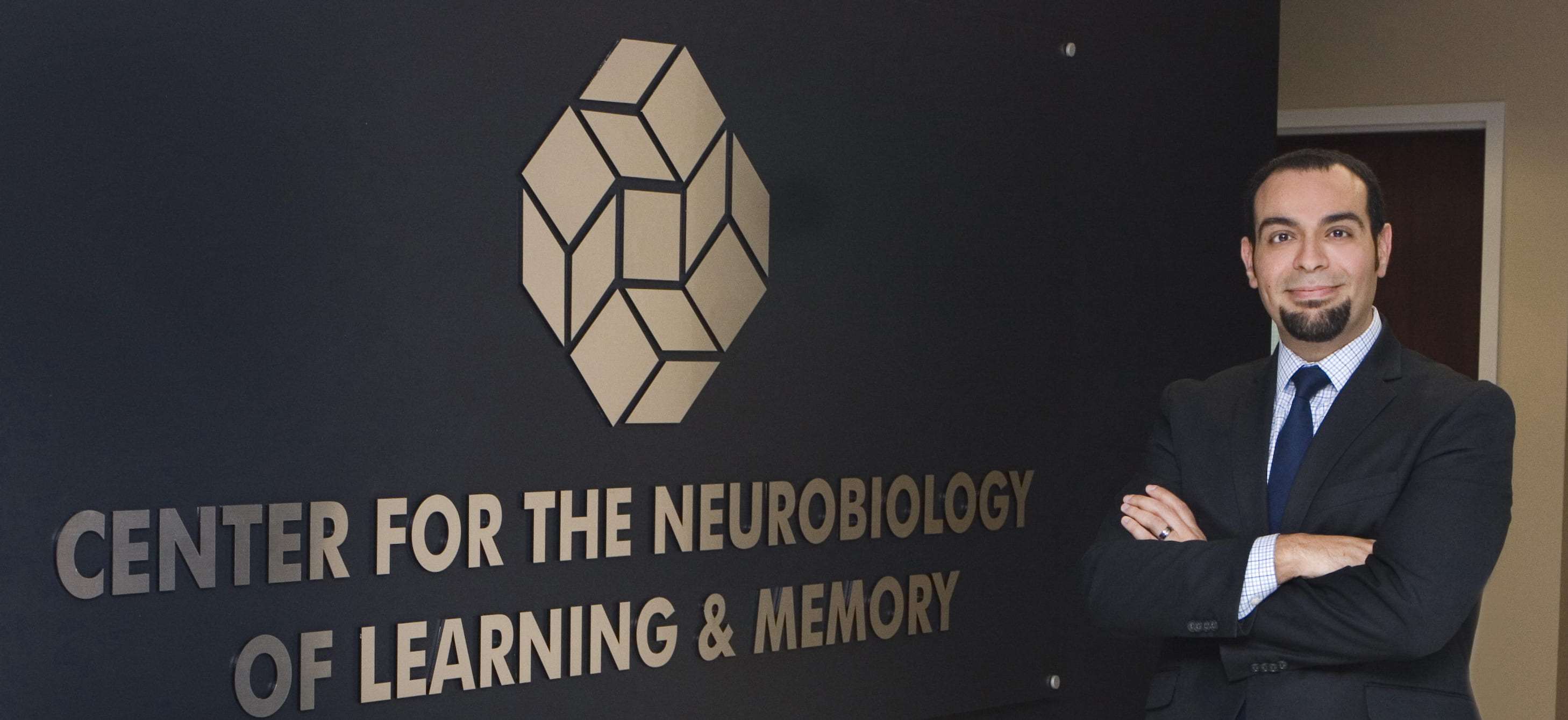UCI biomedical engineer co-authors guide for federal investing in synthetic biology research

Today a group of more than 80 scientists and engineers from 30 universities and a dozen companies released a road map to guide and encourage government agencies to invest effectively in engineering and synthetic biology research endeavors. Chang Liu, UCI assistant professor of biomedical engineering, is lead author of the document’s biomolecular engineering section. The Engineering Biology Research Consortium, partially funded by the National Science Foundation and headquartered at UC Berkeley, produced the treatise to not only improve public health, food crops and the environment, but also fuel the economy and maintain U.S. leadership in synthetic biology. Current efforts in the field include genetic modification of crops; microbe engineering to produce drugs, fragrances and biofuels; gene editing; and human gene therapy. But the future will bring even more complex applications. The document’s authors outline synthetic biology’s challenges and opportunities to help decision-makers determine whether to make it a research priority for the U.S. “The road map is backed by rich technical analysis and projections to focus our nation’s goals in engineering biology in a concrete manner,” Liu said. “I was impressed by the open and inclusive process that informed this project. We actively sought and incorporated the contributions, expertise and ideas of scores of researchers in the greater synthetic biology community, including postdocs and graduate student trainees who will define the future of our field.”


